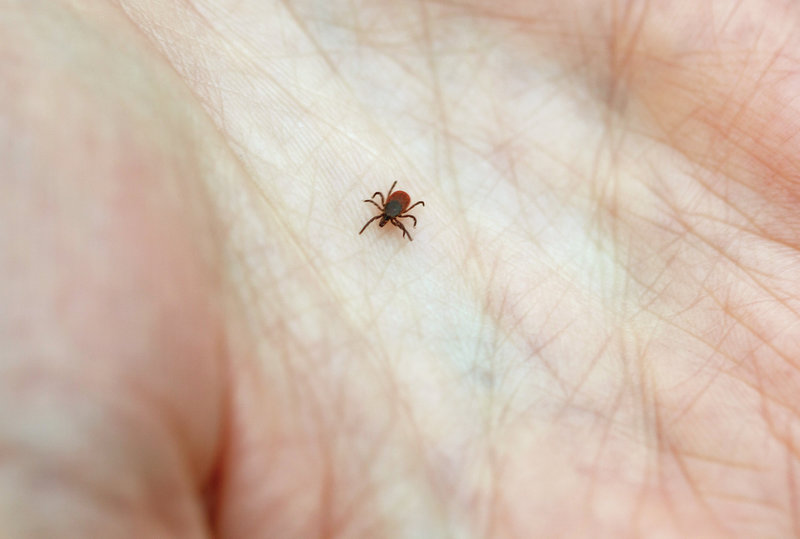3 Tips for Explaining Mild Hearing Loss to Friends and Family
My daughter, Lucy, got hearing aids when she was three. The road from her failed newborn hearing screening to the day she was fit with her hearing aids was a long and confusing one.
It includes misdiagnoses and ambiguous test results. Our support network was with us at every step, even if they didn’t originally understand. How could they? My husband and I were there at every appointment, and we didn’t fully understand. Not being able to completely understand Lucy’s hearing loss, it was hard to communicate to others about why our daughter needs hearing aids.
Mom, my daughter needs hearing aids
If you are a parent of a child with “mild” hearing loss, I’m sure you can sympathize. From the terminology to the lack of anecdotes about classification, it is hard to know what it means. There are so many times where I doubted the test results, because I could see day to day evidence proving to me she could hear. I remember my mother asking, “honey, she can’t hear sounds softer than 25 dB. What does that mean?”
To which I went to my sister-in- law, the speech language pathologist, and she gave me a copy of the Speech Banana. I brought this to my mom and said, “see, the chart says she can’t hear /s/ or /f/ or /th/ sounds.” Meanwhile my daughter was saying, “frustrated” or “thank you” with perfect pronunciation.
At the time, the audiological evidence didn’t quite cut it to explain Lucy’s hearing loss. I wanted to find another way to understand what a mild hearing loss is. I remember thinking, “whispers are softer than 25 db.” So I ran my own scientific test and whispered, “do you want chocolate?” behind Lucy, and she’d respond jubilantly, “yes!” Well, my field tests didn’t work and I was still unable to tell my mom what “mild” hearing loss meant.
Well, my field tests didn’t work and I was still unable to tell my mom what “mild” hearing loss meant.
To exacerbate the situation, we had her evaluated by Early Intervention and our local school district; they said, “had we not seen the audiologists report, we wouldn’t have thought she had hearing loss.”
In some ways, as a mother, that was nice to hear, my kiddo is typical! But in other ways, it only added to my bewilderment.
Patience is key
It wasn’t until Lucy was about three that we began seeing actual signs that in noisy environments her speech recognition was not like ours. Up until this time, I felt a lot of fear that the test results could be accurate. I was ticking off all my favorite sounds on my fingers and was afraid that she wouldn’t be able to hear them. But that changed when she got her hearing aids; that day she heard our dog’s tags jingle together in a new way and she heard the birds more clearly. Life with hearing aids didn’t mean she couldn’t hear – it meant she would hear!
Life with hearing aids didn’t mean she couldn’t hear – it meant she would hear!
The timing was perfect; she went from a quiet, in-home day care to an energetic preschool; she went from only child to older sister. The noise in her life was on the rise, and getting her those aids helped to be sure that she could hear the important stuff over the din. We finally began to understand what Lucy’s mild hearing loss meant.
Embracing the reality of hearing loss
Right then, we made a conscious effort to abandon our fear and embrace the reality. First and foremost, we continued to praise Lucy for all of the many gifts that we had for so long appreciated in her. Second, we asked her to talk about what excited her with her new hearing aids. Her answer was the purple glittery ear molds! She also loved that her American Girl doll had bright pink hearing aids too.
I remember taking her to preschool the day after she got them; she proudly stood in front of her peers and said, “my ears don’t hear the same way as yours do. So I have purple glittery hearing aids to help me.” The same pride in ownership continued with every grandparent and aunt or uncle she saw.
So much of this joy and optimism is naturally in her. But, as parents, we were very careful to only talk about the positives with her. And to point out the differences in everyone. “I don’t see the same way as you do, so I need to wear glasses.” Or “Your classmate in the wheelchair doesn’t move the same as you do, his wheelchair really helps.” Or “Your best friend can’t eat all the same food you do, because it makes her tummy hurt.” “But isn’t it great that we all can find solutions to help us be better and stronger?”
“…But isn’t it great that we all can find solutions to help us be better and stronger?”
As Lucy became more comfortable with her hearing aids and understanding her hearing loss, we did too.
3 tips to help others understand your child’s mild hearing loss
For other parents trying to explain to others what it means that your child has hearing loss, you’re not alone in your sense of confusion. Here are 3 tips I use when explaining Lucy’s hearing loss to family and friends.
1. Remind others about the noise in the world
I try to help my family remember that the world is a noisy place. While Lucy may be able to hear you fine in the quiet of your own living room; speech in the rest of the world has a lot of competition. We don’t want our kids missing any part of what we’re saying.
2. Tell people how important incidental hearing is for kids
At the beginning, we needed to remind our caregivers and grandparents, that kids need to hear all time because they’re always learning! There were times when gentle reminders to put the aids back in after nap were needed. I found it best to share all the knowledge I learned about why this is important and to correct other’s behaviors right at the time of the incident. Sometimes life gets crazy, and it’s hard to remember to put the hearing aids in – but that’s the exact moment when Lucy needs them!
3. Share their stories of self-advocacy or self-empowerment
This reinforces to our support network the positive image she is building and helps create a culture of joy. There are enough things in a young person’s life to be nervous about. Wearing awesome purple-glittery hearing aids doesn’t need to be one.
Source: hearinglikeme
“3 tips for explaining mild hearing loss to friends and family”


